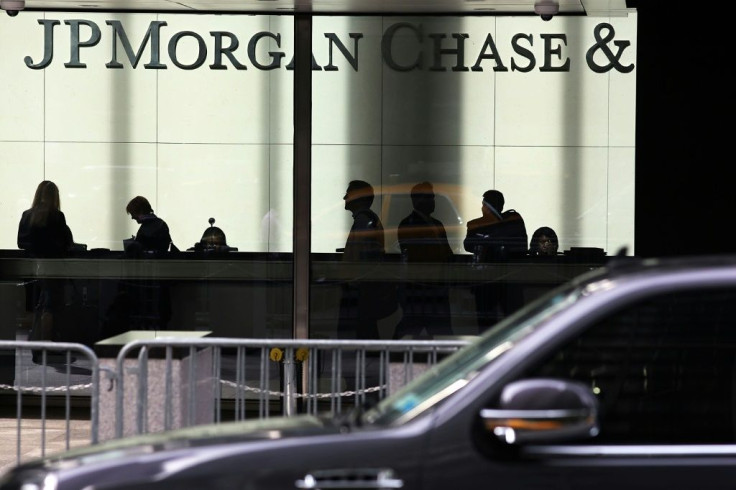Major US Banks Aim To Keep Shareholders Happy Amid Crisis

American taxpayers bailed out the major banks during the 2008 global financial crisis that they helped create. But more than a decade later, amid an unprecedented economic shock, those firms now say they are strong enough to continue paying dividends to shareholders.
Despite mounting political opposition, especially among Democrats who are calling on banks to use their cash stockpiles to help US businesses survive the coronavirus pandemic, the financial institutions see the payments as a signal to investors that they are in good health.
Large US banks have until Monday to inform the Federal Reserve how they intend to allocate their cash in the coming months as required by the post-crisis banking regulations known as CCAR.
"Our dividend is sound. We plan on continuing to pay it," Michael Corbat, chief executive of Citigroup, the fourth-largest US bank in terms of assets, said on CNBC on Wednesday.
With share prices plunging worldwide, the feeling is gaining traction among Wall Street bankers, who worry about the implications for their already depressed stocks.
In his annual letter to shareholders Monday, JPMorgan Chase CEO Jamie Dimon said the board would only consider suspending its dividend -- and then "out of extreme prudence" -- in the event of a severe recession, with the economy contracting by as much as 35 percent and unemployment surging to 14 percent at the end of the year.
The current economic outlook is already disastrous: the global economy has plunged almost overnight into a deep recession.
Nearly 10 million people in the United States filed for unemployment benefits in the last two weeks of March alone, as restaurants, shops and offices shut down across the country in a bid to contain the spread of COVID-19.
While the Fed is unlikely to object to US banks' plans to pay shareholders, the European Central Bank has prohibited eurozone banks from making payments to their shareholders in 2019 and 2020.
American banks argue, however, that they are in a much stronger financial position than their European counterparts, and are able to both finance the economy and pay shareholders.
"US banks wrote down their assets and realized their losses back in 2008-2012 and have built capital and liquidity positions over the last decade," said Marty Mosby, analyst at Vining Sparks.
"European Banks have not completed the last cycle yet because they have continued to spread their losses over a much longer period of time."
Gregori Volokhine at Meeschaert points to data that illustrate the difference: for every dollar spent by a European firm, it earned only $0.50, compared to $1.50 for an American bank.
US banks have accumulated large profits in recent years. In 2019, JPMorgan Chase, the largest American financial institution in terms of assets, piled up a net profit of $36.4 billion.
"They can afford to pay the dividends," Volokhine said.
And he cautioned: "It is not up to the banks to bail out the companies that are going to go bankrupt. If they did, it would not be doing the system any good."
Richard Bove, of Odeon Capital, believes the major firms will probably trim their dividend payments, especially as their clients increasingly struggle to repay their mortgages, credit card debt and car loans.
Bove pointed to "major increases in loan losses that are likely to raise capital questions and force dividend cuts."
The banks nevertheless agreed not to buy back their own shares until June. Share buyback programs have accounted for around two-thirds of compensation provided to bank shareholders.
Last year, JPMorgan Chase, Bank of America Merrill Lynch, Wells Fargo, Citigroup, Goldman Sachs and Morgan Stanley, the titans of Wall Street, got a green light from the Fed to pay cumulative dividends of about $35 billion and buy back $110 billion of their own shares between July 2019 and July 2020.
© Copyright AFP {{Year}}. All rights reserved.





















